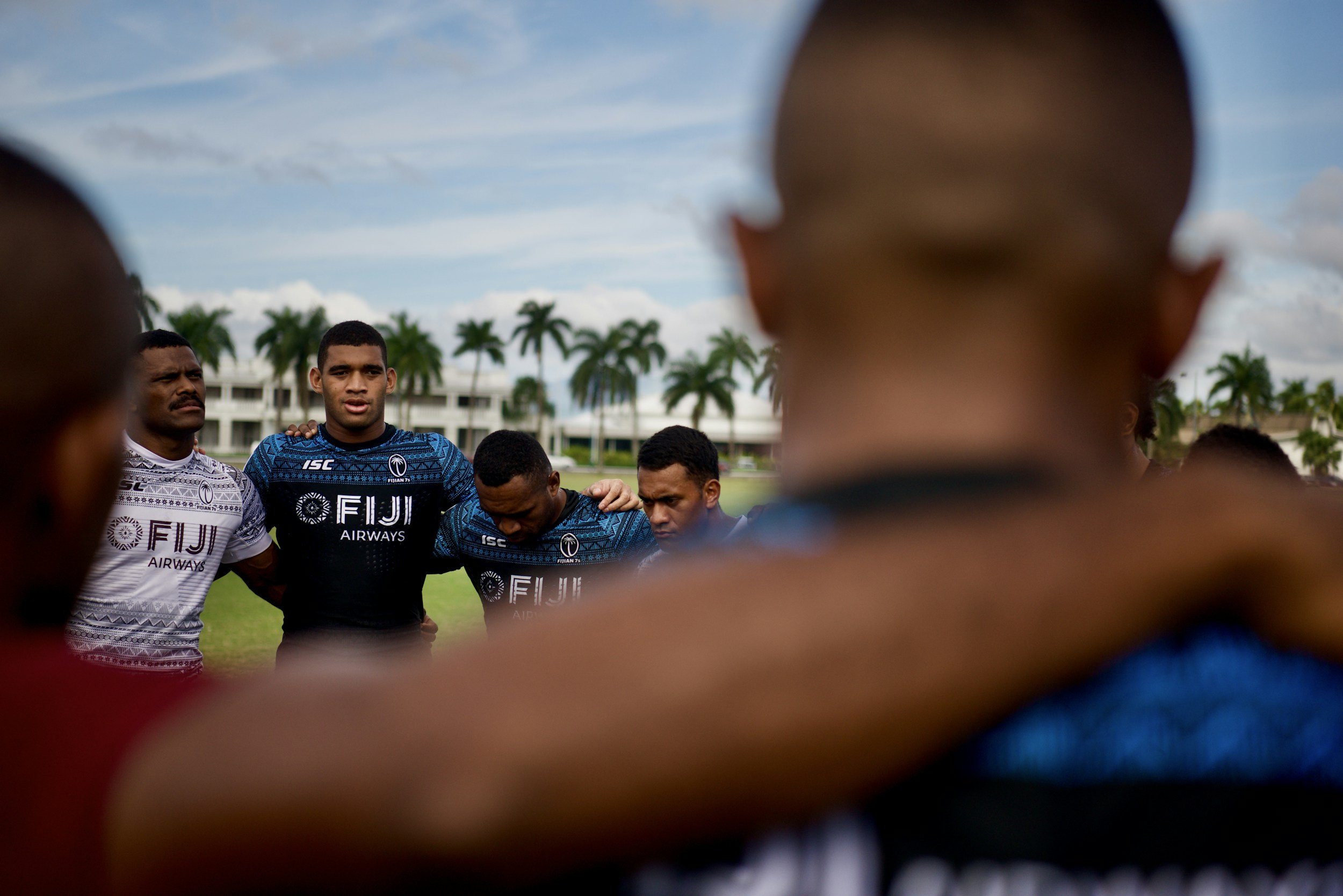Looking for a specific women’s football research topic?

Towards south-south comparative feminist inquiry: ‘Patriarchal varieties’ and women’s subversive strategies in/through sports in Fiji and Brazil
This research explores the experiences of women playing historically male-dominated sports in two postcolonial countries, Fiji and Brazil, focusing on women's rugby and women's football, respectively. The main goal was to understand how different forms of male dominance, called "varieties of patriarchy," in these societies affect how women challenge and overcome barriers to playing sports.

“We Are Doing a Job”: The 1971 Mexican Women’s Soccer Players and the Fight for Professionalism
The article discusses the struggle of Mexican women's soccer players for professional recognition during the 1971 World Cup held in Mexico. At this time, women playing soccer challenged existing social beliefs that confined women to the home and limited their participation in sports deemed only for men. The 1971 Mexican team performed very well, reaching the final, and the tournament itself attracted large crowds, showing the economic potential of women's soccer. Despite generating significant income for organizers and companies through ticket sales and advertising, the players themselves received little to no financial compensation for their efforts, time, and sacrifices.

#SeAcabó: how a mass-mediated “social drama” made visible and confronted (subjective and objective) violence in women’s football in Spain
The article "#SeAcabó: How a Mass-Mediated ‘Social Drama’ Made Visible and Confronted Violence in Women’s Football in Spain" examines how the non-consensual kiss between Luis Rubiales and Jenni Hermoso during the 2023 FIFA Women’s World Cup ignited a widespread social and political response. Using concepts like "moral shock" and "social drama," the study explores how this high-profile incident mobilized public discourse on gender inequality and violence in women's football.
